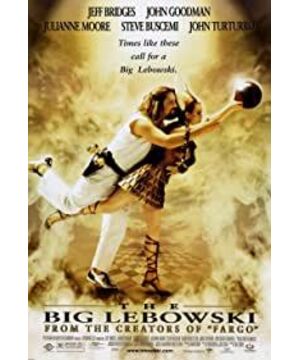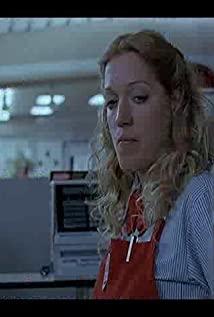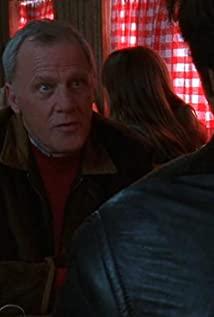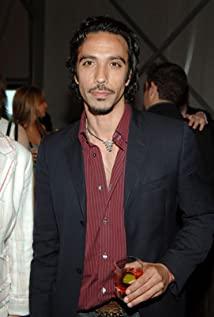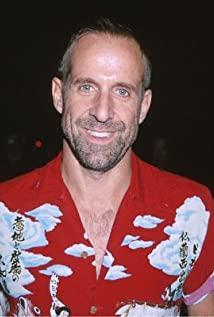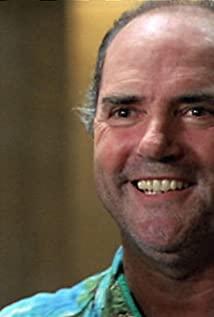At the beginning of the film, the unknown narrator states that the story takes place in the 90s when the Iraq War goes on overseas of the US. Neither the importance of this time frame nor the identity of the narrator is revealed to the audience, and as the film unfolds, it becomes clear that these information is in fact irrelevant. The Iraq War background is no more crucial to the development of the story than the random old man the Dude met in the bowling stadium, who only reveals himself to be the narrator in the very end.
The film saturates American reality to an extent, through its portrayal of non-black/white racial and cultural stereotypes and conflicts, as well as superficial class distinctions. It presents caricature-like characters, such as the rich and merciless Lebowski, the rebellious and promiscuous teenager Bunny, the educated and artsy feminist Maude, the Latino child sex-offender, and the German nihilists--who are called antisemitic and effectively "Nazis" by Walter, who insists on being a Jew. However, the film refuses to attribute these characteristics to the post-war or indeed the Iraq War factor. The very act of indicating the time frame of the narrative is in fact, the act of un-establishing the potential association between the two, and refusing these characters as "products of their time".
The most straightforward evidence is Walter and his obsessive need to relate everything to the Vietnam war. As the Dude so rightly said: "Why the fuck does anything have to do with Vietnam?" Walter keeps reminiscing the Vietnam war and constantly suggests its effects in current American society, but the examples he chooses are so hilariously irrelevant--such as him shouting in a diner and asked to leave--that they become a self-conscious mockery of the way in which Americans try to define their reality by diagnosing it as post-war syndromes. When Walter explains to the Dude that he converted to Judaism after his marriage with his Jewish wife whom he divorced 5 years ago, the Dude points out to Walter that he is "living in the fucking past".This can be seen as representative of a post-war stubbornness to dwell in memories and a reluctance to move on.
In this light, the end-title song Dead Flowers may well be a reference to the peace-advocating "flower children" of the 60s during the Vietnam war. The flowers are dead and gone; life goes on.
View more about The Big Lebowski reviews


